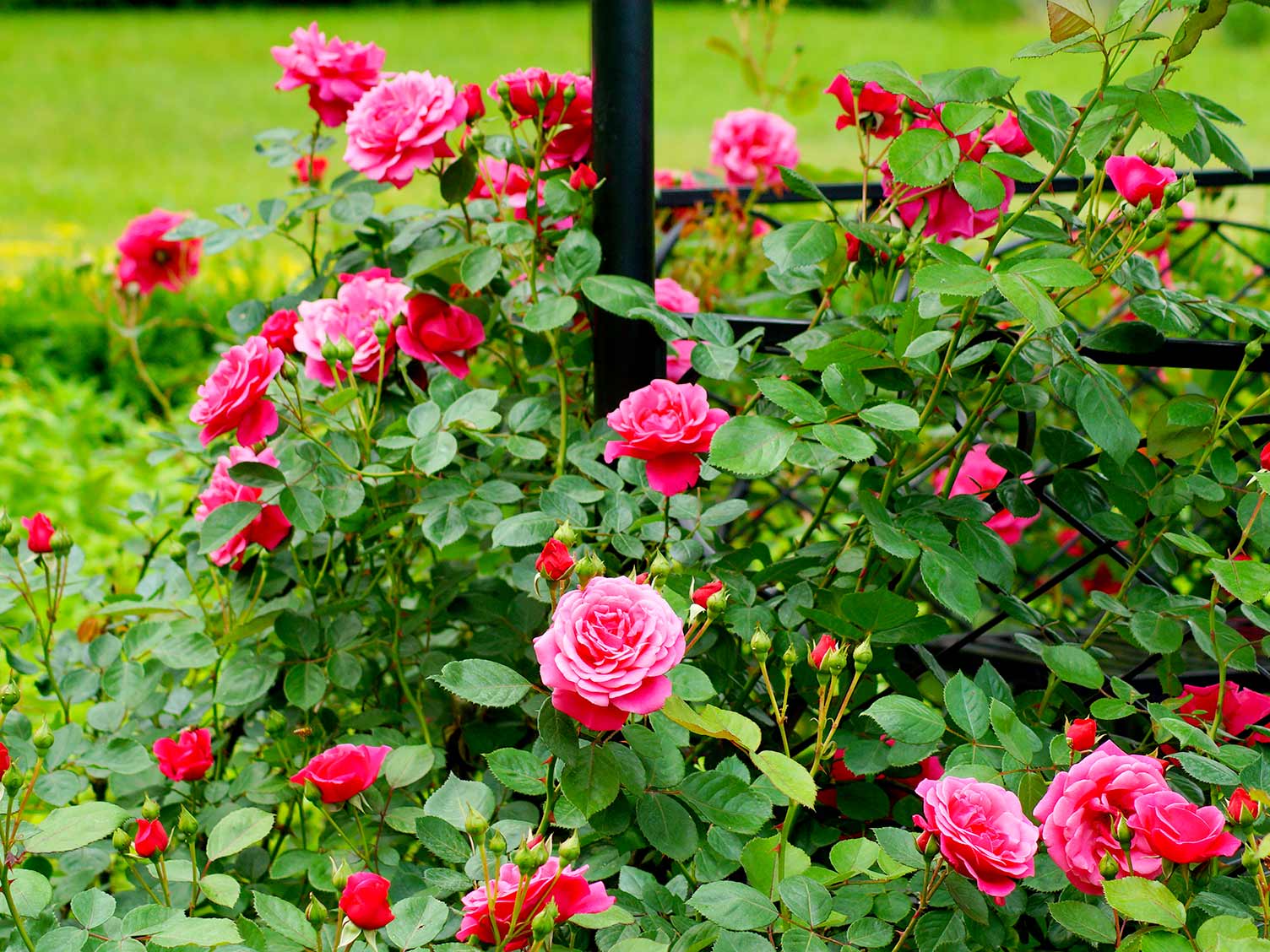
Fort Bend Master Gardeners - This Month in the Garden
Late winter is here and so are a host of opportunities to improve your garden. Here are some tasks that might keep your gardener engine purring this busy gardening month.
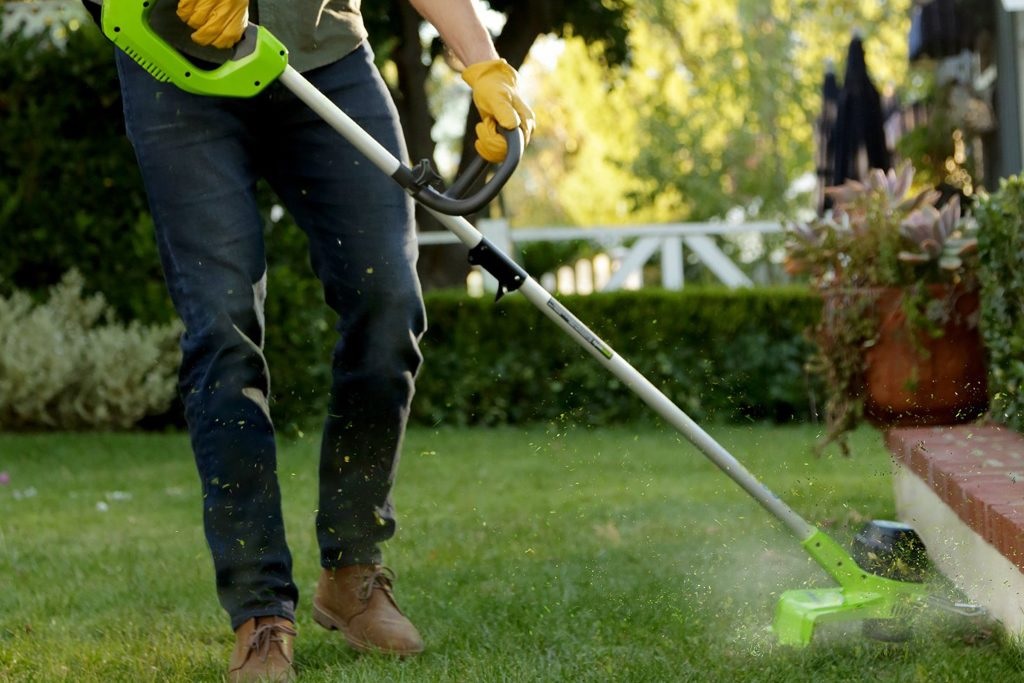
- Mowing season will begin soon. Are your tools ready? You still have time to do maintenance on your mower, trimmer, and other garden tools. If this seems like a task within your skill level, most manufacturers provide online step-by-step instructions on what to do. Many also provide videos to walk you through each step. If you are still intimidated or just too busy, there are local maintenance shops who can help.
- You also need to maintain your gardening hand tools. For more information about this, read this step-by-step guide.
- The average last freeze date in Fort Bend County is February 22nd. After that date, it is safe to lay new sod. Whether you have just a few places that need to be covered or an entire yard to put down, do it now before it gets too hot! These tips might help.
- You still have time to put in one last crop of cool season vegetables. Carrots, radishes, lettuce and the like can still be planted before it warms up. Check Fort Bend Vegetable Planting Guide for details on when various vegetables can be planted.
- The planting season for warm season vegetables is right around the corner. Before it arrives, clean up the garden beds and prepare them for planting.
- This is the best time for planting fruit trees. Participate in the online 2022 Fort Bend Master Gardeners Annual Fruit Tree Sale. Use these Earth-Kind® instructions for planting a tree to help ensure success.
- Trim your perennial ornamental grasses back to 6 – 10 inches tall. This will rejuvenate the grass and make them more attractive when they start growing.
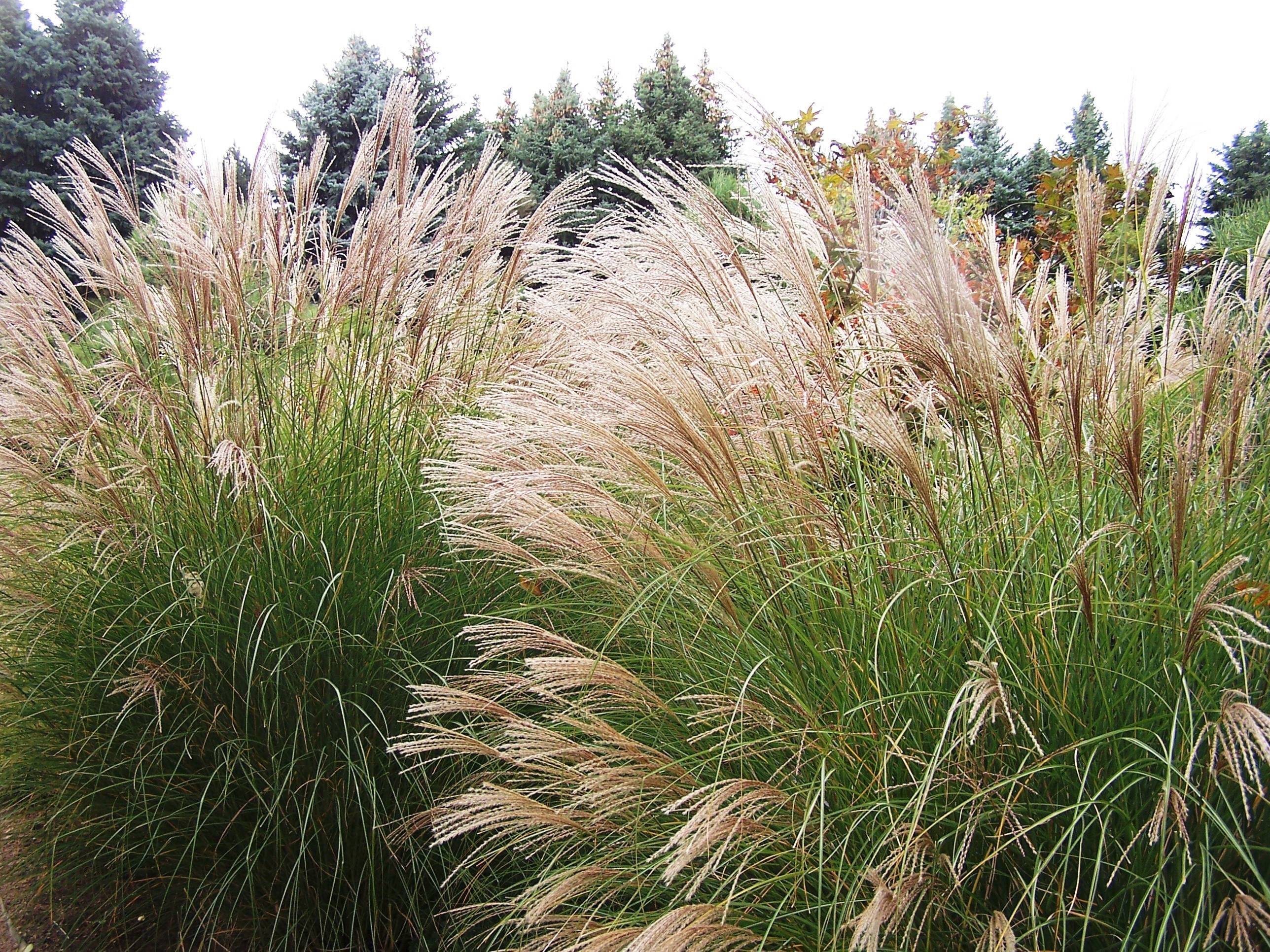
- This month is a great time to divide your perennial ornamental grasses. Learn how to divide your ornamental grass. Presto! You now have two (or more!) plants where you previously had just one. Then, plant each in the place of your choice.
- February is the latest month to plant bare-root roses so they can establish a good root season before their growing and blooming seasons. Use this guide for planting roses to answer all your questions.
- Check your roses for powdery mildew, black spot, and viruses. The earlier these problems are found, the more likely the plant can be saved. Learn how to detect and treat these common rose problems.
- Mulch, mulch, mulch! Experts estimate gardens without mulch lose as much as two-thirds of any water applied through evaporation. An organic mulch, such as shredded bark, helps to enrich the soil with organic matter as it decays making the soil richer over time. The depth of mulch varies depending on the type of mulch applied. Learn more about mulching and remember volcano mulching is not a recommended practice. Learn more about this bad practice.
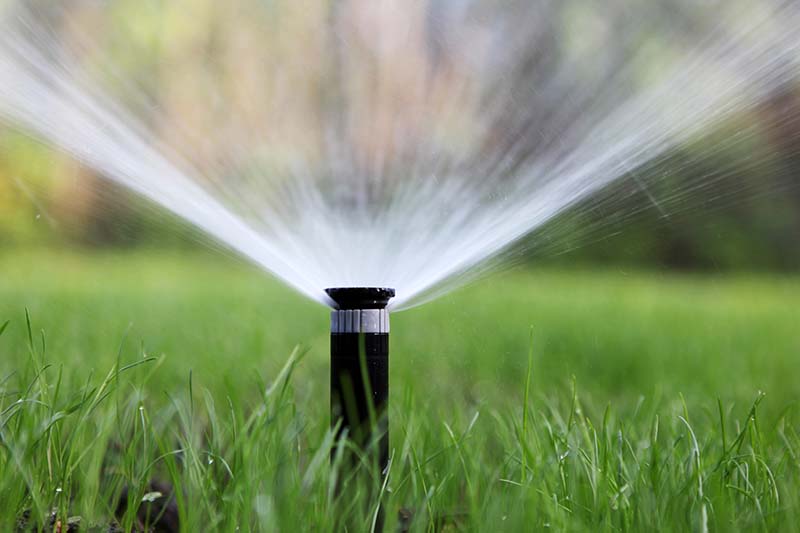
- While we are anticipating warmer weather, we also need to be thinking about how we will irrigate when it comes. Learn the watering tips for lawns, vegetable gardens, and trees.
- Pruning is probably one of the tasks you want to accomplish this month. It helps keep your trees and shrubs looking healthy and can be good exercise for you. Use these Earth-Kind pruning techniques for best results.
- Another plant you might prune this month is your woody salvias. Many salvias benefit from pruning two to three times a year to keep them bushier. For more information about particular salvias, visit this AgriLife article about salvias.
- Like many herbs, rosemary and oregano benefit from regular light pruning. If this doesn’t happen by culinary use, give them a regular haircut. Learn more about growing herbs in Texas.
- Do you have a peach tree? February is the time for pruning to maintain plant health and productivity. Learn about peach tree pruning.
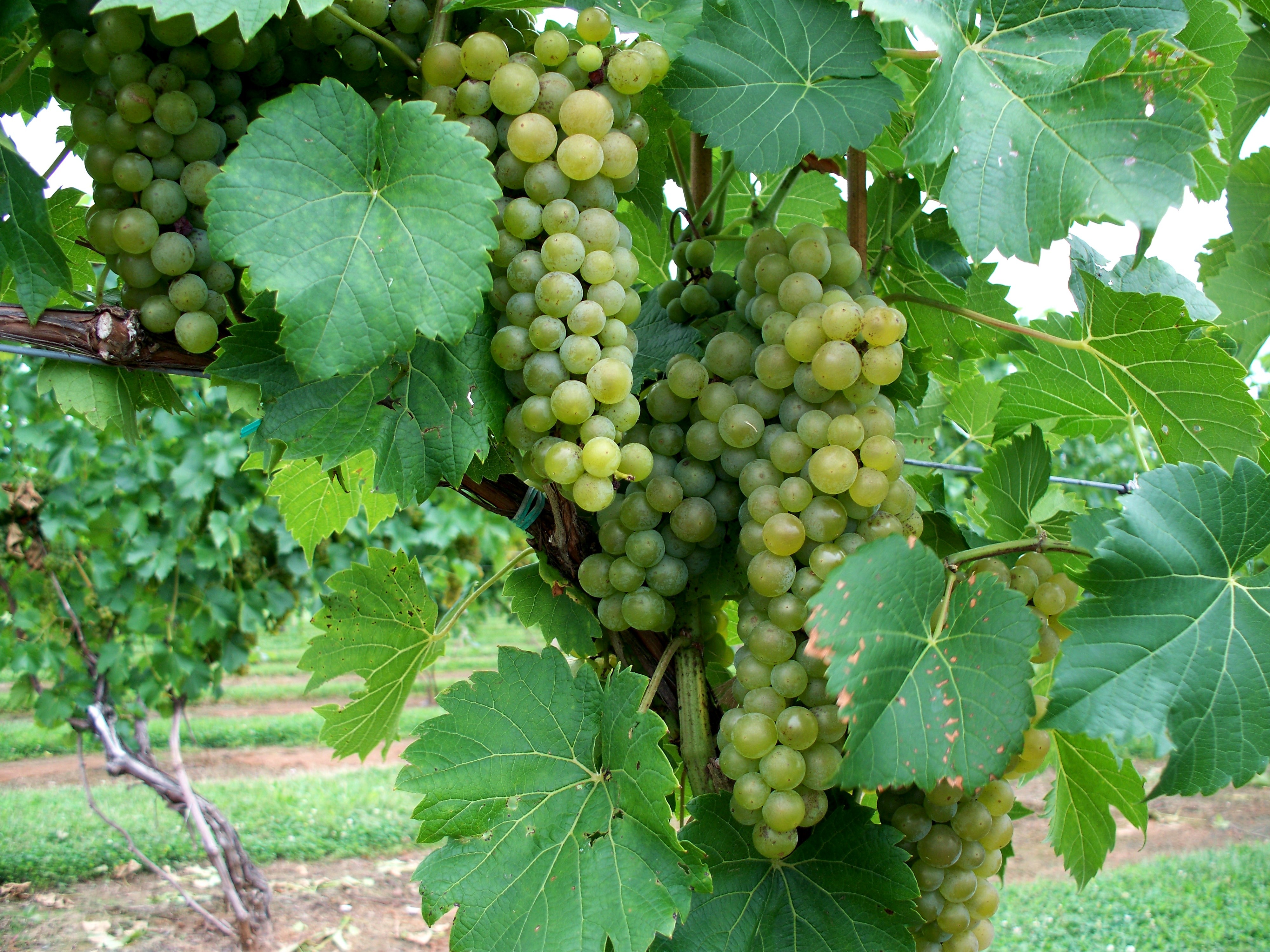
- Grapevines are best pruned after the last frost. Proper pruning can protect your grapevines from disease and increase production. Learn how to correctly prune your grapevines.
- Another pruning chore for this month is your evergreen shrubs before their growing season begins in spring. Learn more about pruning with a purpose.
- As we near spring, insect populations will increase. Preventing insect damage to your plants is best done by scouting. In February, you should check your trees and shrubs for scale insects and treat with a horticultural oil if found. Learn more about the Integrated Pest Management practice of scouting.
- While the weather is cooler, you can check your evergreens and some broadleaf plants for bagworms. This pest is a master of disguise but can cause serious damage to your plants. It forms pouches where the eggs over-winter. Then, in spring, the larvae emerge to feed on plant leaves. Hand removal is the recommended technique for control. Learn how to control bagworms.
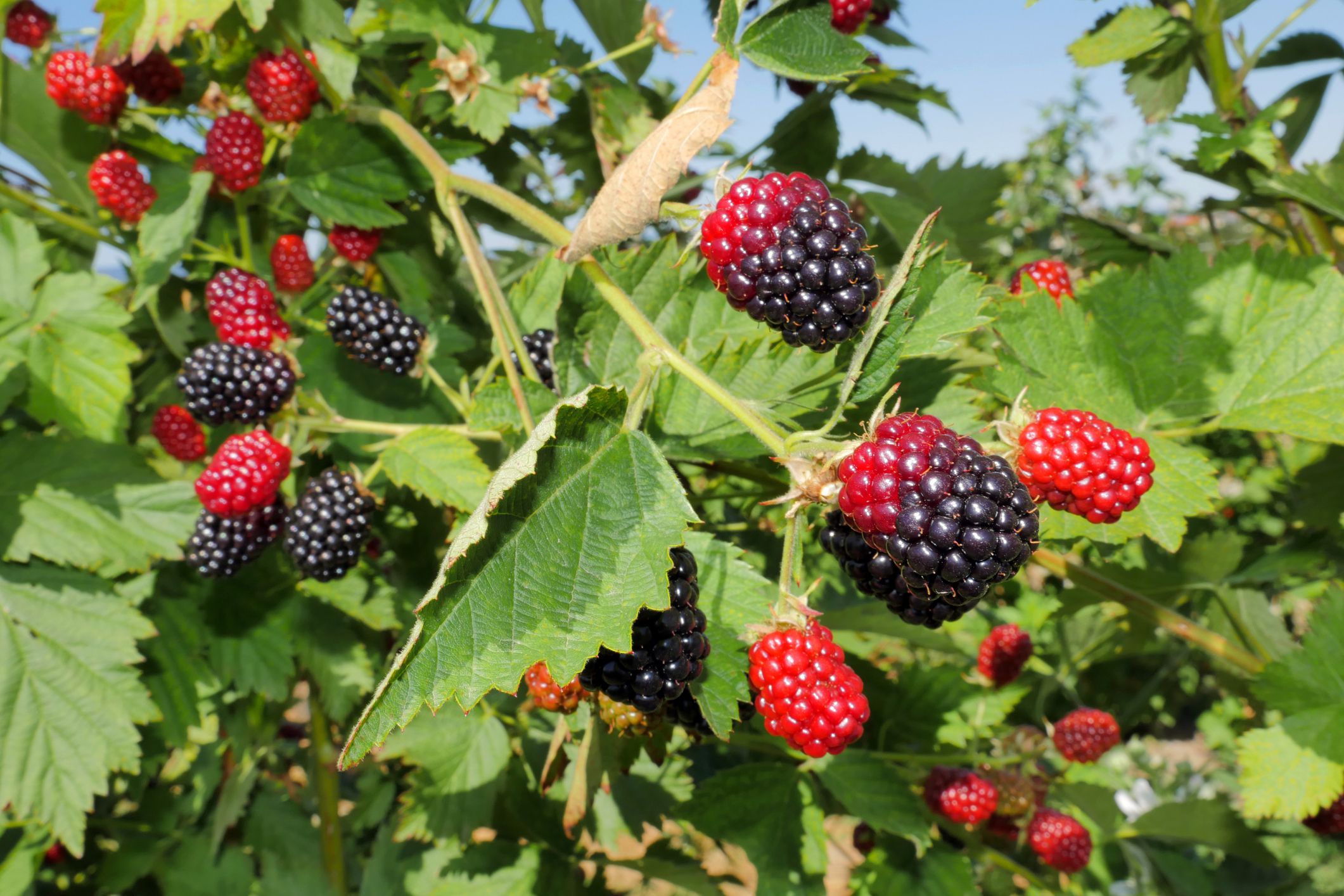
- Late winter is a good time to plant blackberries. The blackberry plant requires well-drained soil so you may need to plant it in a raised bed. Learn about growing blackberries in Texas. You might consider this thornless Texas Superstar blackberry.
- If you noticed weeds in your turf last summer or fall, now is the time to apply a pre-emergent herbicide for weed control. This is not needed if your lawn is healthy and weed-free. Note: a pre-emergent herbicide will not control existing weeds. Learn more about the application of pre-emergent herbicides.
FEBRUARY COLOR IN FORT BEND COUNTY

In the latter part of the month after the last expected freeze, you can plant tomatoes. If you are starting from seed, the seeds can be started immediately. There are two tomatoes that are recognized as Texas Superstars®: Tycoon Tomato (Solanum lycopersicum ‘Tycoon’) and Dwarf Cherry Surprise (Solanum lycopersicum ‘BHN 968’ (syn. ‘Dwarf Cherry Surprise’)). The Tycoon produces a large tomato and is resistant to tomato yellow leaf curl virus, Verticillium, Fusarium races one and two, Tomato Spotted Wilt Virus and nematodes. You can expect about 25 to 30 pounds of fruit from this hardy plant. The Dwarf Cherry Surprise produces cherry tomatoes which are four times as sweet as regular cherry tomatoes. It is also very hardy and resistant to Verticillium, Fusarium, Tomato Mosaic Virus, Tomato Spotted Wilt Virus and nematodes. This tomato is highly recommended for school gardens.
Both plants have these characteristics:
- Annual plants that grow in full sun in well-drained soil
- Grow to height of 3 - 4 feet
- Grow to width of 2 - 3 feet
- Determinate
For details about the Tycoon, visit http://texassuperstar.com/plants/tomato_tycoon/index.html
For more information about the Dwarf Cherry Surprise, visit http://texassuperstar.com/plants/tomato_dwarf-cherry-surprise/index.html
For more information about Texas Superstar® plants, visit http://texassuperstar.com/.
Spring is almost here. Get some February color in your garden with these beauties:

- Roses (Rosa): As you drive around town, you can see many roses blooming. Once considered difficult to grow, there are now many varieties of roses that are considered easy care with very long bloom seasons. Some are even Earth-Kind®!
- Carolina Jessamine (Gelsemium sempervirens): This flowering vine is a native evergreen with yellow blooms from winter to early spring.
- Winter Honeysuckle (Lonicera fragrantissima): This deciduous shrub is known for its off- season fragrant blooms that come out in late winter and early spring.
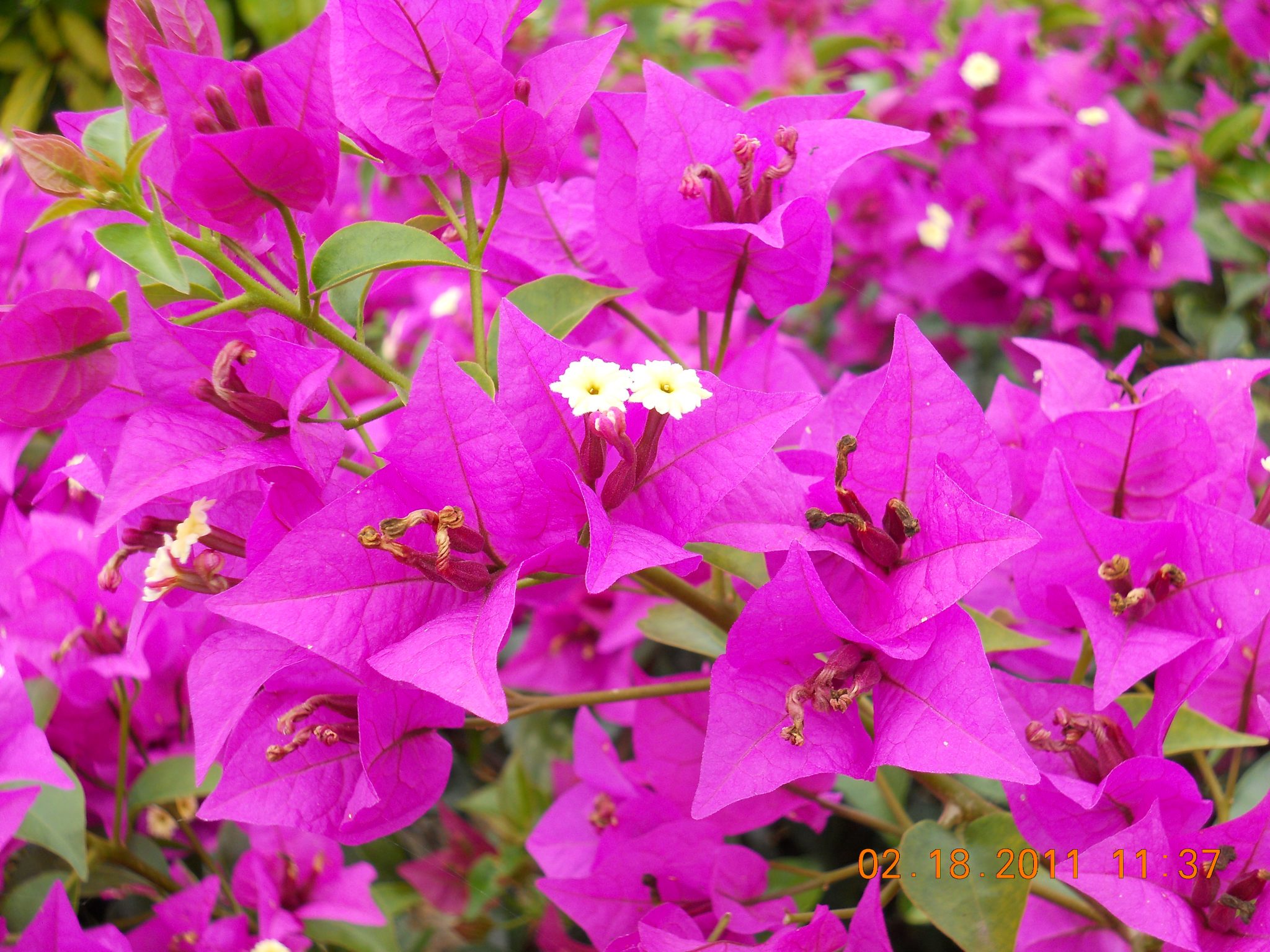
- Bougainvillea (Bougainvillea spectabilis): To be honest, this tropical shrub doesn’t have any idea when not to bloom. The good news is its blooms come in many colors and it works well in planters by pools and patios; the bad news is it has thorns and can be a vigorous grower requiring regular pruning.
- Chinese Fringe Flower (Loropetalum chinense): This evergreen shrub bears white to pink flowers in late winter and early spring. Encourage blooms with small regular pruning.
The Fort Bend Master Gardeners demonstration gardens are currently undergoing renovation but feel free to visit our demonstration gardens for ideas. We do request that you keep your distance from Master Gardeners as they work in the gardens (for their safety and to make sure they keep working). For more information, look on our website at https://fbmg.org/demonstration-gardens/.







